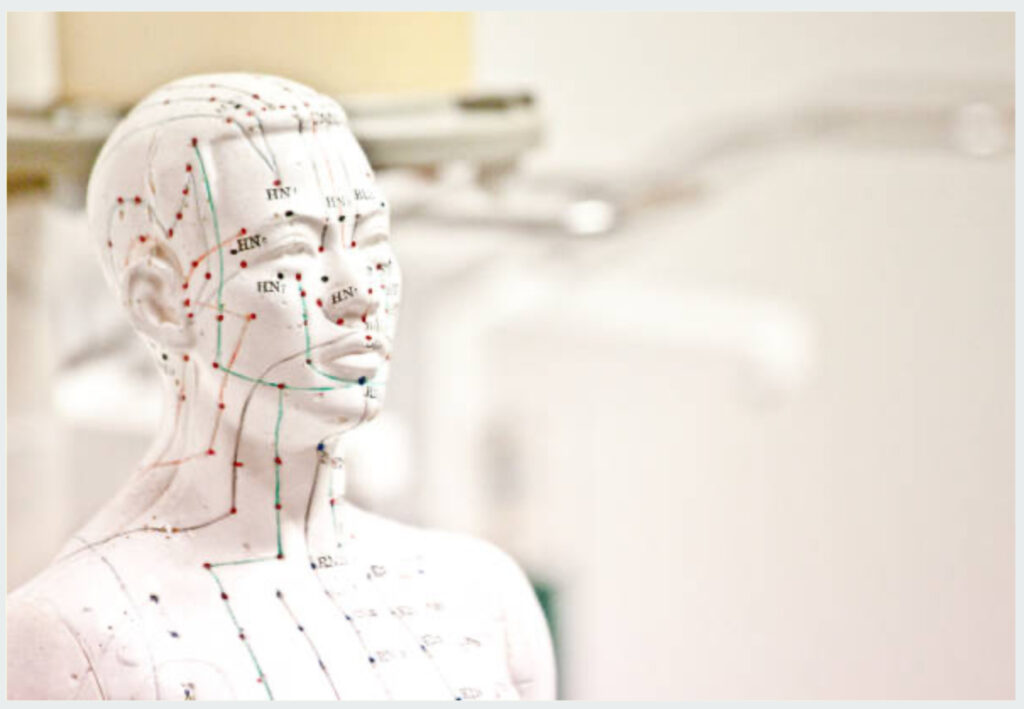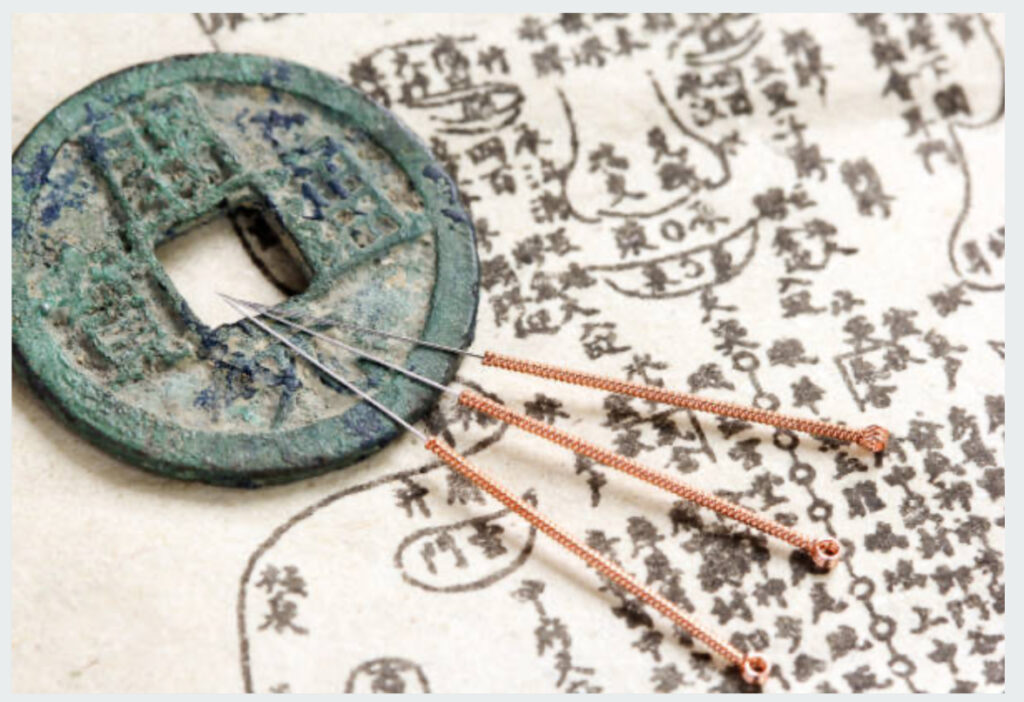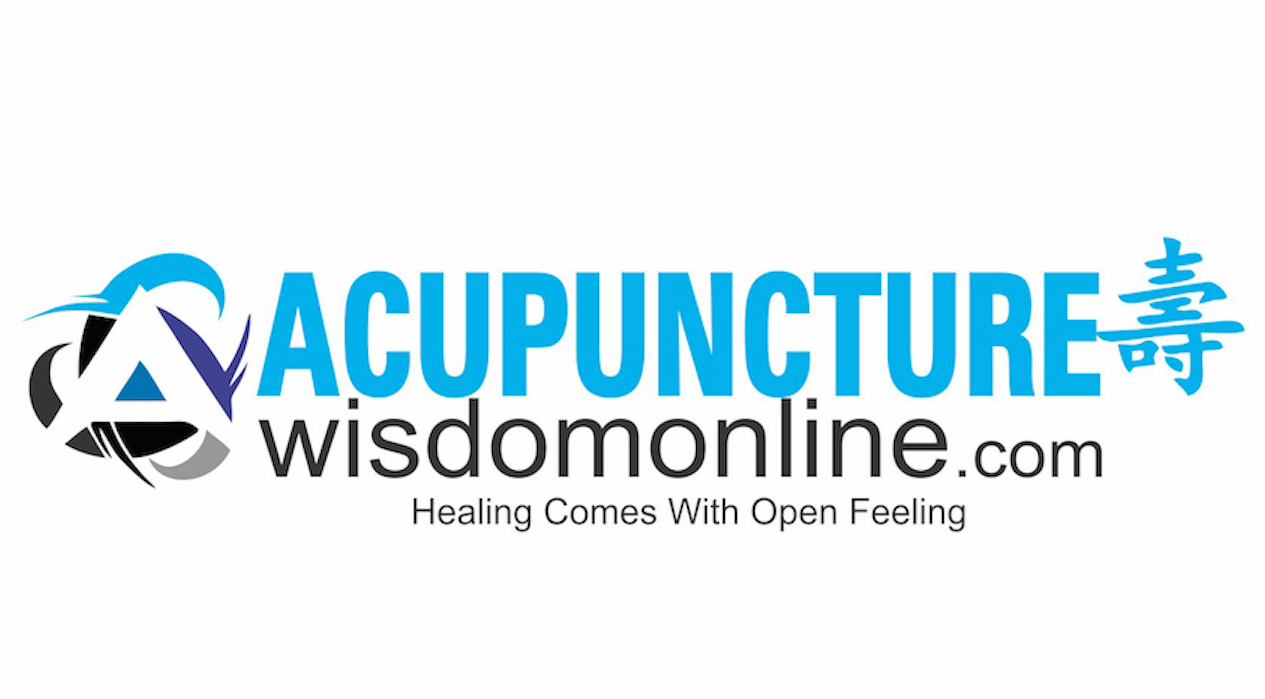
**Understanding Evidence-Based Acupuncture: A Guide to Informed Treatment**
**Introduction:**
In today’s healthcare landscape, evidence-based approaches are crucial, and acupuncture is no exception. I, as the author of this blog, bring over 43 years of clinical experience in acupuncture practice. This wealth of experience, combined with a commitment to evidence-based care, underscores the importance of informed treatments aligned with the standards set by regulatory bodies like the Australian Health Practitioner Regulation Agency (AHPRA).
**Section 1: What is Evidence-Based Acupuncture?**
Evidence-based acupuncture integrates centuries-old practices with modern scientific rigor. It relies on credible research methodologies to establish effectiveness, emphasizing randomized controlled trials (RCTs), systematic reviews, and meta-analyses. This approach helps practitioners make informed decisions while providing treatments tailored to individual patient needs.

**Section 2: Benefits and Efficacy of Evidence-Based Acupuncture**
Numerous studies highlight acupuncture’s efficacy in addressing various conditions. For instance, research supports its role in managing chronic pain, alleviating nausea from chemotherapy, and reducing the frequency of migraines. Acupuncture’s mechanism of action involves stimulating nerves, muscles, and connective tissue, triggering the body’s natural healing response, as evidenced by neuroimaging studies showcasing its impact on brain activity.
**Section 3: AHPRA Compliance and Acupuncture**
AHPRA regulates healthcare practices in Australia, including acupuncture. Compliance involves adhering to professional standards and guidelines, ensuring patient safety and quality care. Evidence-based practice aligns with AHPRA’s expectations, emphasizing the integration of reliable evidence into clinical decision-making.

**Section 4: Finding Reliable Information on Evidence-Based Acupuncture**
Patients and practitioners seeking credible information on evidence-based acupuncture can turn to reputable sources and databases. Platforms like PubMed, Cochrane Library, and AHPRA’s resources offer access to peer-reviewed studies, systematic reviews, and guidelines, facilitating informed decision-making and practice.

**Conclusion:**
With over 43 years of clinical practice in acupuncture, I understand the profound significance of evidence-based approaches in delivering optimal care. My experience has shown that integrating traditional wisdom with the latest evidence-based research ensures treatments are both effective and safe. Upholding AHPRA compliance remains paramount in my practice, reflecting a dedication to patient-centered care. By continuously evolving and embracing evidence-based methodologies, acupuncture continues to earn its place as a respected and reliable healthcare option. My commitment to evidence-based practice, reinforced by decades of clinical expertise, serves as a guiding principle to provide the best possible care for patients, prioritizing their well-being and treatment outcomes.

©2023 RobinTimSo


